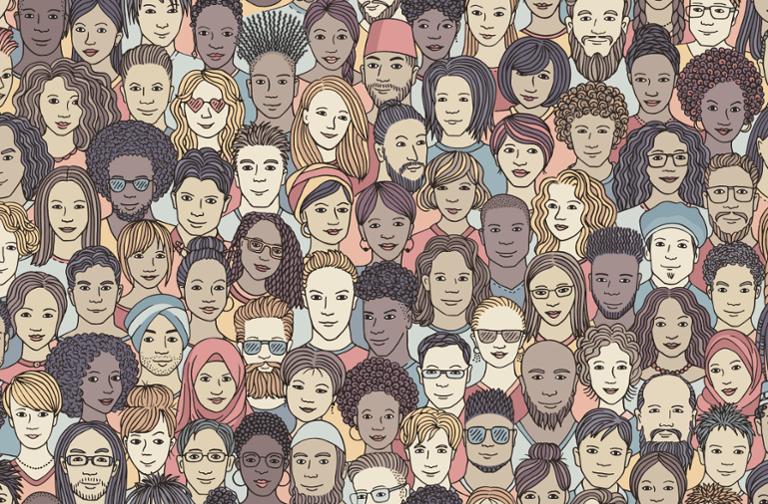Diversity, equity, inclusion, and belonging (DEIB) remain absolutely critical issues in the tech industry. For many years, hundreds of organizations have devoted the time and resources to aligning their workforces with DEIB principles—but progress has often been slow and uneven. What’s the current state of DEIB within tech, and what can organizations do to improve their profiles?
There are no easy answers to those questions, but Dice’s new Discrimination in Tech fact sheet provides some crucial information about the DEIB landscape at the moment. For example, despite the aggressive efforts of many companies, some 24 percent of tech professionals said they experienced racial discrimination in 2022, compared to 18 percent the previous year; meanwhile, some 26 percent reported gender discrimination, a notable increase from 21 percent.
In addition to charts and analysis on discrimination in tech, the fact sheet includes an embedded episode of the Dice ‘Tech Connects’ podcast in which Jacob Little, Glassdoor Senior Head of People Experience and DEI, and Stuart McCalla, Evolution Managing Partner, speak on how DEIB programs can not only improve a company’s internal diversity and culture, but also boost morale and retention.
As the sheet notes, not all of the data around discrimination is negative: “For instance, significantly more women said they did not experience gender discrimination in 2022 compared to the previous year (31 percent vs. 26 percent, respectively). Perhaps that’s a sign of workplace training, pay transparency laws and other programs proving to be more effective in some areas.”
However, there’s still much work to be done when it comes to DEIB in tech, and it starts on an individual level. Making sure that all of your team members are heard during discussions, encouraging “DEIB infrastructure” (such as a team dedicated to advocacy), and pushing for organizational transparency are all steps that anyone can take to ensure everyone feels included.



